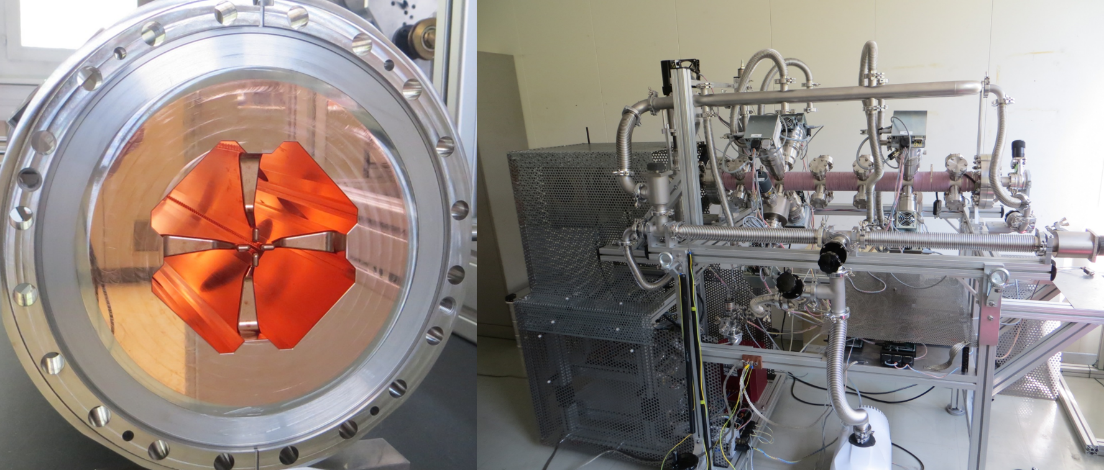![]()
The Knowledge Transfer group (KT) at CERN aims to engage with experts in science, technology and industry in order to create opportunities for the transfer of CERN’s technology and know-how.
The KT group organises KT forums with representatives from all CERN Member States, including the KT Belgian delegates.
The ultimate goal is to accelerate innovation and maximise the global positive impact of CERN on society. This is done by promoting and transferring the technological and human capital developed at CERN. You can read more about it on the technologies that change your lifes or success stories pages.
Belgian success story in CERN knowledge transfer
A Belgian physicist at CERN, Serge Mathot, is involved in a significant Knowledge Transfer project. He spearheads the development of a transportable Radio Frequency Quadrupole (RFQ) accelerator that will be introduced into museums or restoration centres to analyse fine art and cultural artefacts. The project MACHINA (Movable Accelerator for Cultural Heritage In-situ Non-destructive Analysis), as it’s named, was launched in 2018 at the Opificio delle Pietre Dure (OPD) in Florence, one of the world’s leading institutes in art restoration.
The RFQ developed for use in MACHINA is 1 metre in length, but other versions are being used elsewhere in society. Firstly, a 2-metre long version is being utilised as the first accelerating structure for a LINAC (Linear Accelerator) developed for hadron therapy, an innovative technique to fight cancer. Secondly, the RFQ will have an educational use. CERN is going to use it in a future education and exhibition centre called Science Gateway. For the first time in the world, the public will be able to approach an accelerator and see live beams of protons traveling several centimetres in the air.
